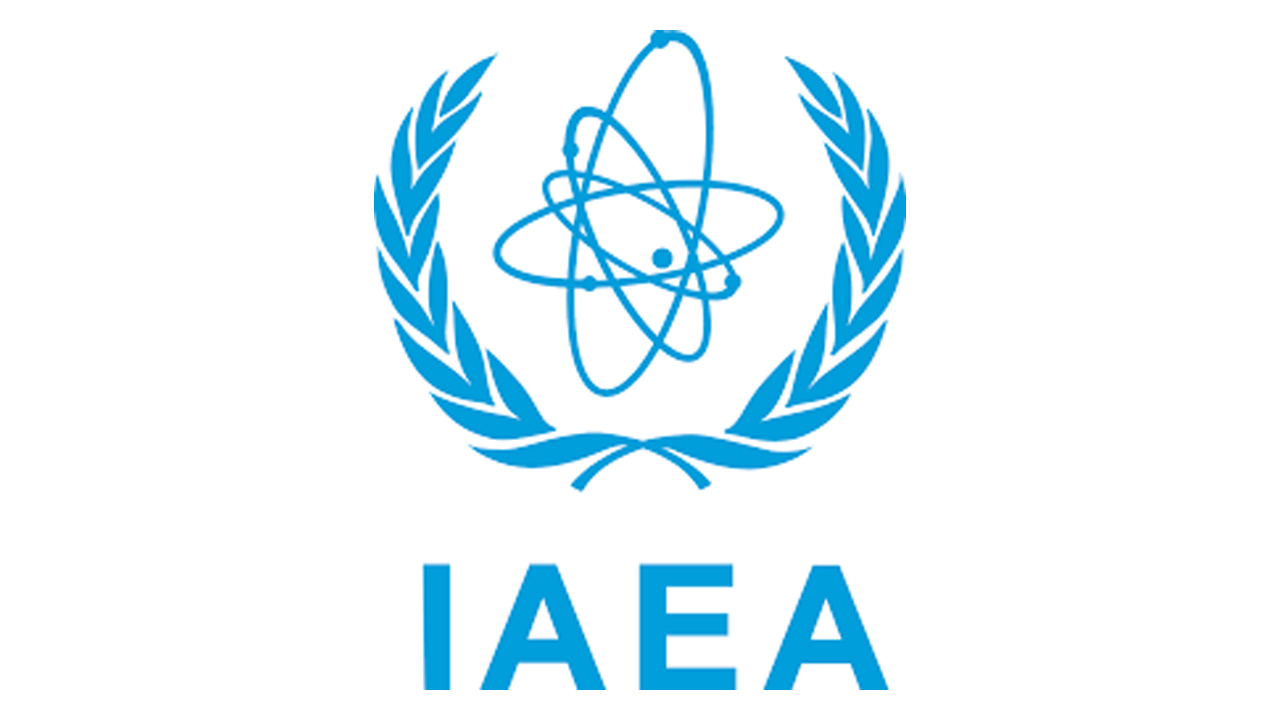Lisa Stevens: Championing Global Cancer Control and Inspiring Women in STEM at the IAEA
In 2019, Stevens joined the IAEA as Director of PACT, where she oversees initiatives such as the imPACT Reviews and the Rays of Hope program.

Lisa Stevens, Director of the Programme of Action for Cancer Therapy (PACT) at the International Atomic Energy Agency (IAEA), has dedicated over 25 years to advancing global cancer control and promoting STEM careers for women. Her story, shaped by a passion for science and a commitment to international collaboration, reflects the transformative impact of mentorship, perseverance, and a forward-looking mindset.
Born into a STEM-oriented family, Stevens was inspired by her parents—her mother, a mammography and X-ray technician, and her father, an engineer. This foundation nurtured her love for biology and science, leading her to earn a bachelor’s degree in biology and Spanish, followed by a PhD in molecular and cellular biology from the University of Maryland.
During her PhD program, Stevens conducted research at the United States National Cancer Institute (NCI), sparking her interest in cancer biology. Though she began her career as a laboratory researcher, she quickly realized her strengths lay in coordinating scientific initiatives.
Career Evolution and Impact
Transitioning to administrative roles, Stevens supported NCI scientists by developing strategic plans, fostering collaborations, and engaging stakeholders in cancer research. She rose through the ranks, eventually becoming the Deputy Director for Planning and Operations at NCI’s Center for Global Health (CGH) in 2012.
At CGH, Stevens co-founded the International Cancer Control Partnership, a global initiative to support the development and implementation of national cancer control plans. Her work culminated in a landmark review published in The Lancet Oncology in 2018, with a follow-up slated for late 2024.
Joining the IAEA: Leading Global Cancer Initiatives
In 2019, Stevens joined the IAEA as Director of PACT, where she oversees initiatives such as the imPACT Reviews and the Rays of Hope program. These efforts aim to strengthen cancer control capacities worldwide, particularly in low- and middle-income countries.
The imPACT Reviews, conducted in partnership with the World Health Organization (WHO) and the International Agency for Research on Cancer, provide comprehensive assessments and actionable recommendations to improve national cancer plans.
“My dream is for every country to have a cancer plan,” Stevens said. “I love seeing the tangible impact of our work and the progress Member States achieve in cancer control.”
Advocating for Women in Nuclear and STEM
Stevens serves as Vice President of Women in Nuclear (WiN) IAEA, focusing on mentorship and networking for women in nuclear sciences. Additionally, she supports the IAEA’s gender equality initiatives, including the Marie Sklodowska-Curie Fellowship Programme and the Lise Meitner Programme, which aim to increase the representation of women in nuclear fields.
Encouraging the Next Generation
Stevens emphasizes the importance of early exposure to STEM opportunities and an open-minded approach to career development. “A closed door may lead to an unexpected path. Stay open to possibilities and build a strong network,” she advises.
Through her leadership, advocacy, and mentorship, Stevens continues to inspire future generations to pursue impactful careers in STEM and global health.
Expanding the IAEA’s Commitment to Equality
The IAEA remains committed to gender balance and diversity across its initiatives. By providing scholarships, training, and mentorship opportunities, the Agency ensures an inclusive environment where all individuals can contribute to and benefit from advancements in nuclear sciences.
Lisa Stevens’ journey exemplifies the IAEA’s mission to harness the power of Atoms for Peace and Development, fostering a future where science and equity converge for the greater good.
- READ MORE ON:
- Lisa Stevens
- IAEA
- Programme of Action for Cancer Therapy










